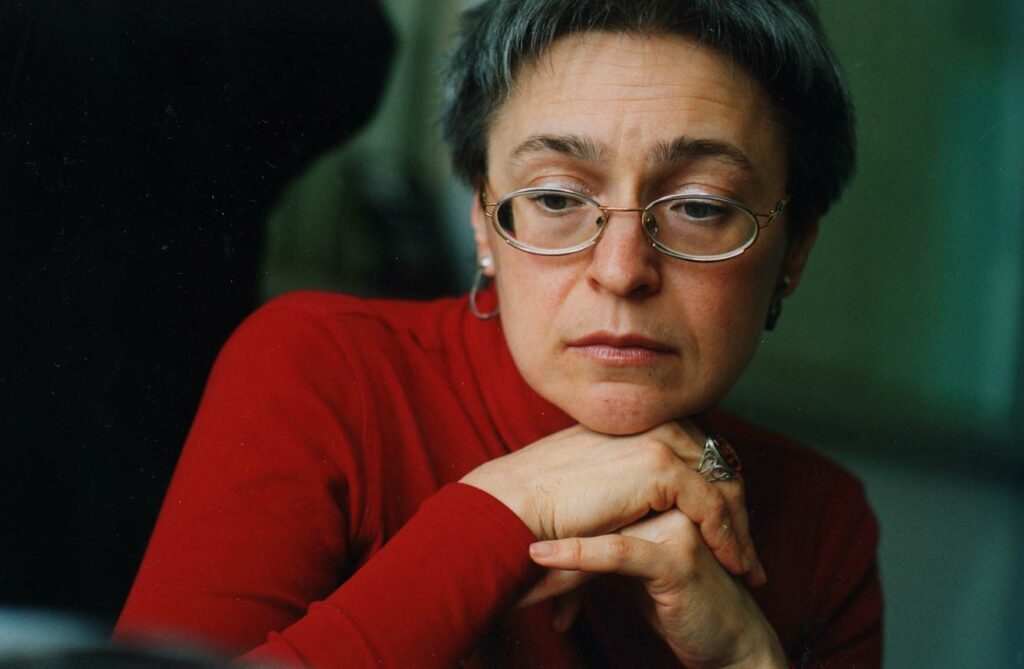War presented itself to him only as a matter of subjecting himself to danger, to the possibility of death, and thereby earning awards, and the respect of his comrades here and of his friends in Russia. The other side of war—the death, the wounds of soldiers, officers, mountaineers—strange as it is to say, did not present itself to [Butler’s] imagination. Unconsciously, to preserve his poetic notion of war, he never even looked at the killed and the wounded.
—Leo Tolstoy
I did not write this book simply to recall the past: I am writing today about the occupation of Kiev, which I happened to witness and which is well documented; because the same sort of thing is happening now; and there is no guarantee whatever that even more sinister events will not occur tomorrow. Not the slightest guarantee.
—A. Anatoli
“My brother came back in 1947, but we never found my father…Recently I visited my war friends from the front in Ukraine. They live in a big village near Odessa. Two obelisks stand in the center of the village: half the village died of starvation, and all the men died in the war. But how can we count them in all of Russia? People are still alive, go and ask them. We need hundreds like you, my girl, to tell our story. To describe all our sufferings. Our countless tears. My dear girl…”
—Svetlana Alexievich
I often meet loved ones of those who have died in the present Caucasus war—Chechens, Russians, Ukrainians, soldiers, officers, children, and adults. It’s a whole orphaned army. The all have identical eyes, like Vladimir Alekseevich’s right now—killed not just by grief over a loved one who will never return home, but also by an absolute disbelief that their nation cares about its citizens.
—Anna Politkoskaya
In this class we will explore classic and contemporary writers grappling with war by means of a novella, journalism, a documentary novel, and a collage of human voices. Our primary focus will be on Russia, though obviously we will make connections with our own histories of war-experiences. Our first introductory session will be on Thursday 19 May at 7 pm by Zoom Central Time.
Thereafter, we will discover one book each month while meeting on the first and third Thursdays through September. In addition to reading and discussing, I’ll encourage us to use themes from the books to spark our own “writing meditation” (N. Goldberg), both during and in between class sessions.
The books–
Leo Tolstoy, Hadji Murat (Pevear and Volokhonsky translation)
Svetlana Alexievich, The Unwomanly Face of War: An Oral History of Women in World War
A. Anatoli, Babi Yar: A Document in the Form of a Novel
Anna Politkovskaya, A Small Corner of Hell: Dispatches from Chechnya
Tuition $150, payable to me by check or Paypal.
If interested, send an email: markjchmiel@gmail.com.
